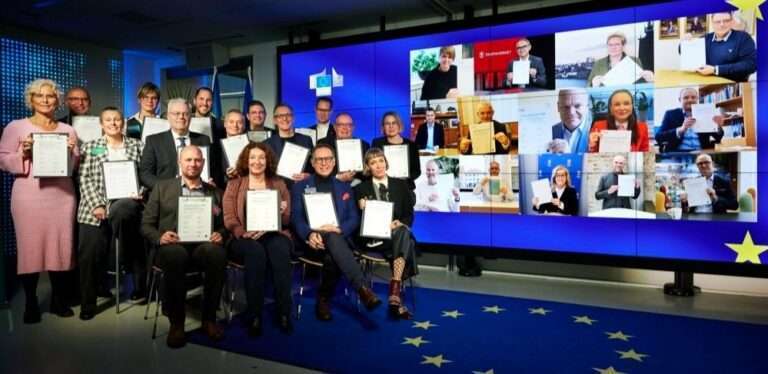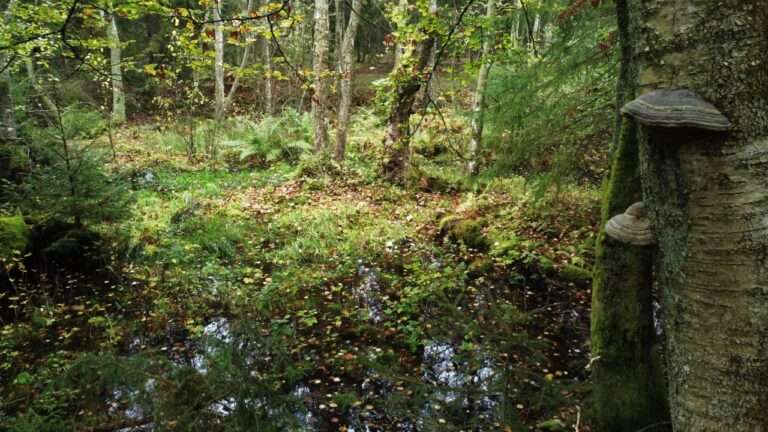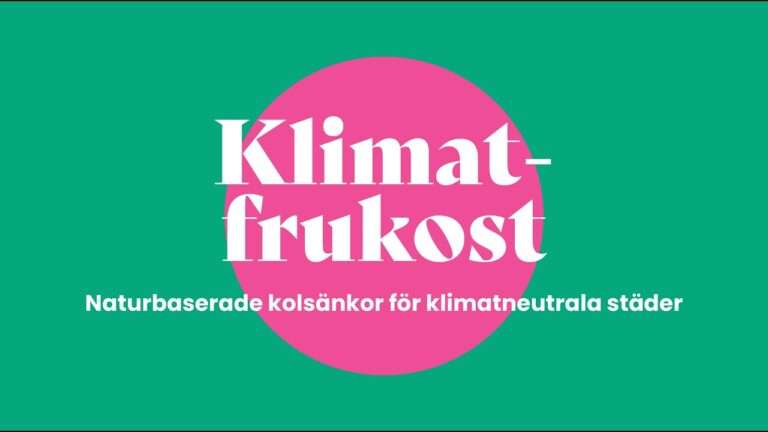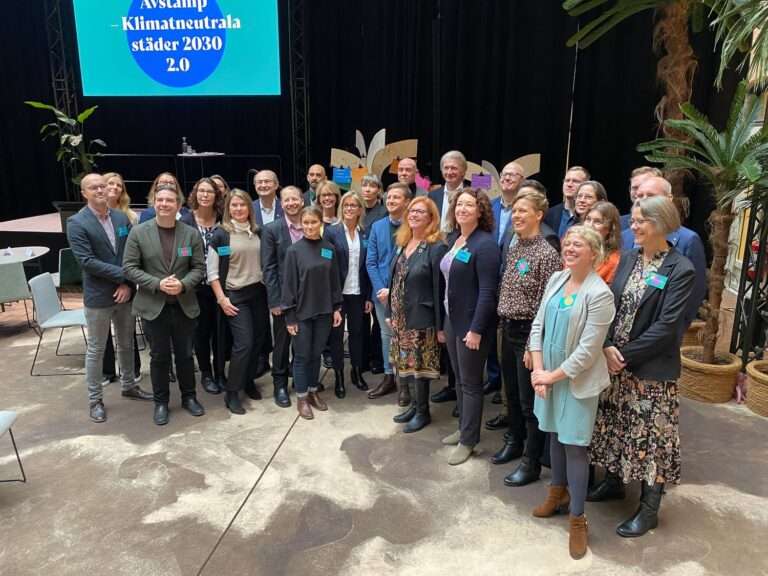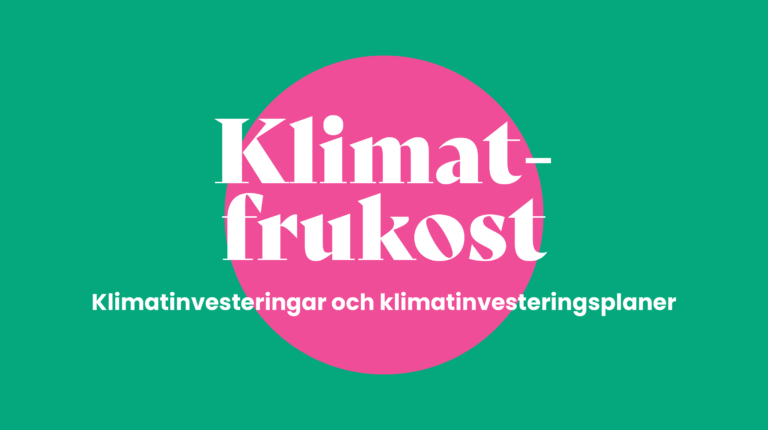
Climate breakfast 37: Climate investments and climate investment plans
Climate transition investments can create both business opportunities and a more sustainable city. Research shows that climate investments can generate significant benefits, both direct economic gains and added value such as jobs, cleaner air and better health. During this Climate Breakfast, we dive into what it means to make climate investments and how climate investment plans take shape.
Read moreClimate breakfast 37: Climate investments and climate investment plans